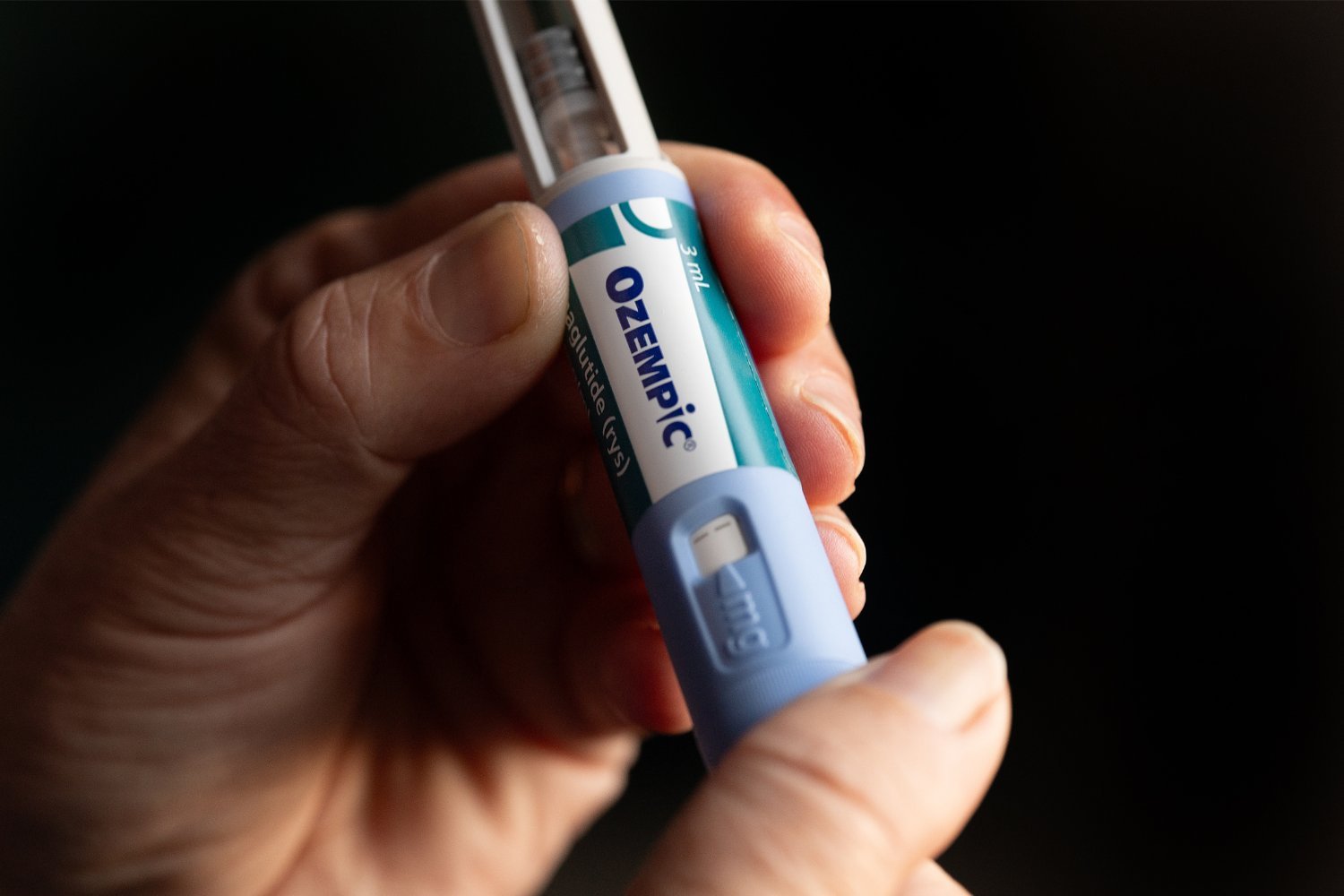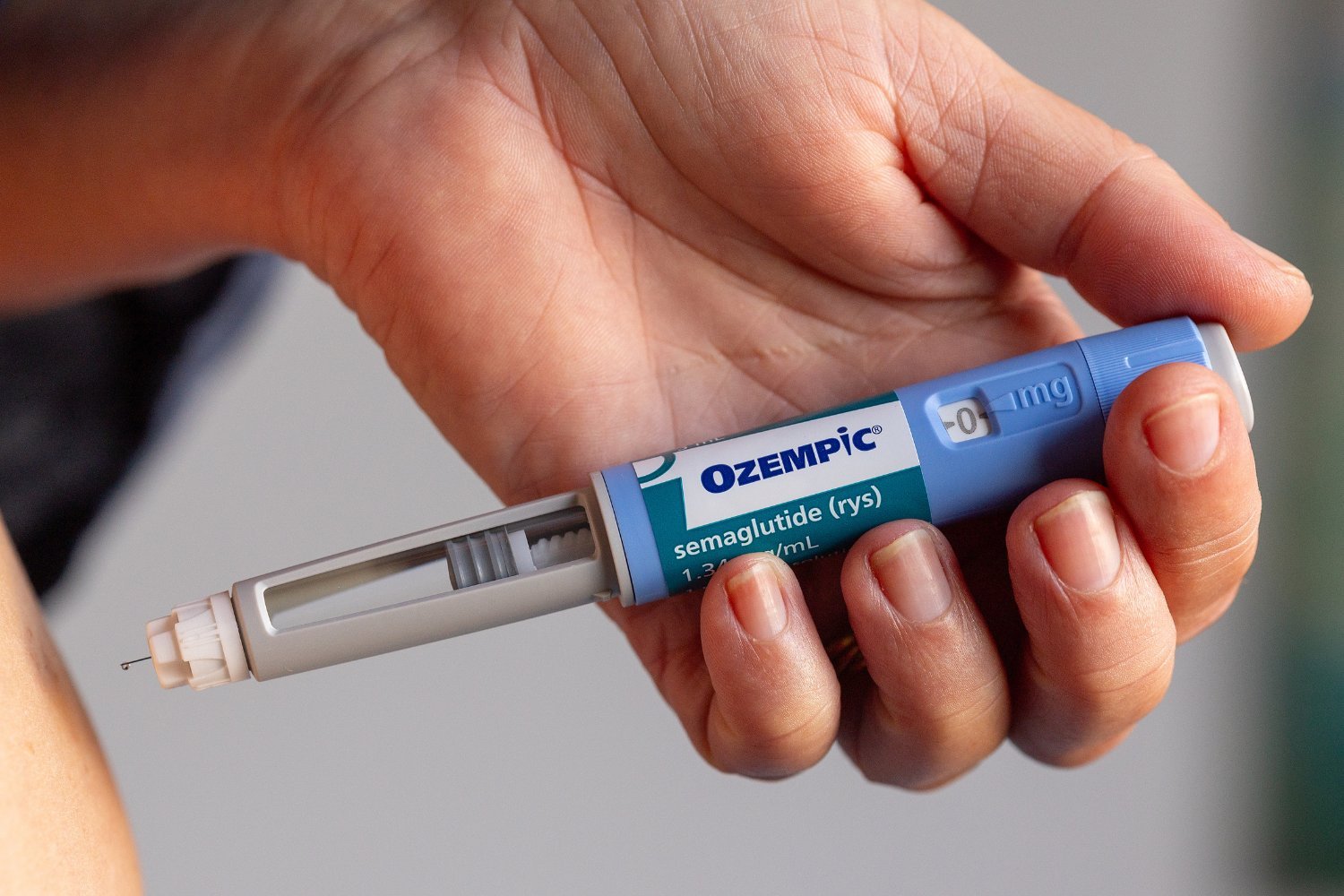The recent onslaught of hurricanes impacting the eastern United States has created a ripple effect across the country, leading to a critical shortage of IV fluids in hospitals. The closure of a key Baxter International manufacturing plant in North Cove, North Carolina, due to flooding from Hurricane Helene is the primary cause. Concerns are also rising about the potential impact of Hurricane Milton on the already strained supply chain.
IV fluids are essential for hospitalized patients, used to treat and prevent dehydration, maintain electrolyte balance, and administer medications intravenously. Baxter International’s North Carolina plant produces a significant portion of the nation’s IV fluid supply. According to the American Hospital Association (AHA), the facility accounts for approximately 60% of the daily supply, equivalent to about 1.5 million bags. The plant’s closure is already having serious consequences.
Many hospitals are postponing elective surgeries and non-emergency procedures to conserve existing IV fluid supplies, as reported by NBC News. Some hospitals are even resorting to oral rehydration solutions like Gatorade for less critical patients, according to Stat News. The AHA has urged the Biden administration to declare a national emergency and implement measures to mitigate the crisis. In a letter to President Biden and other officials, AHA president Richard J. Pollack emphasized the severity of the situation and the potential for worsening shortages.
Government Response and Further Threats
Hurricane Milton, another major storm, poses a further threat to the IV fluid supply. B. Braun Medical, the second-largest U.S. manufacturer of IV fluids, announced the closure of two plants in Daytona Beach, Florida, in anticipation of the hurricane’s impact.
Health and Human Services Secretary Xavier Becerra outlined the federal government’s response in an open letter. These measures include collaborating with Baxter to expedite repairs, evaluating the extension of expiration dates for some IV fluids, allowing hospitals to compound their own solutions, and exploring the possibility of importing IV fluids. However, Secretary Becerra acknowledged that the Baxter plant closure will likely exacerbate the existing shortages.
The Broader Impact of Climate Change-Fueled Storms
Hurricane Helene’s death toll is estimated at 230, while Hurricane Milton has claimed four lives since making landfall. The IV fluid crisis highlights the far-reaching consequences of these devastating storms, which are intensified by climate change. The impact extends beyond immediate casualties, disrupting essential healthcare services and underscoring the vulnerability of critical infrastructure.
The current situation emphasizes the urgent need for proactive measures to strengthen supply chains and enhance preparedness for future climate-related disasters. The long-term effects of these storms are likely to be felt long after the immediate crisis subsides, impacting patient care and highlighting the need for resilient healthcare systems.











